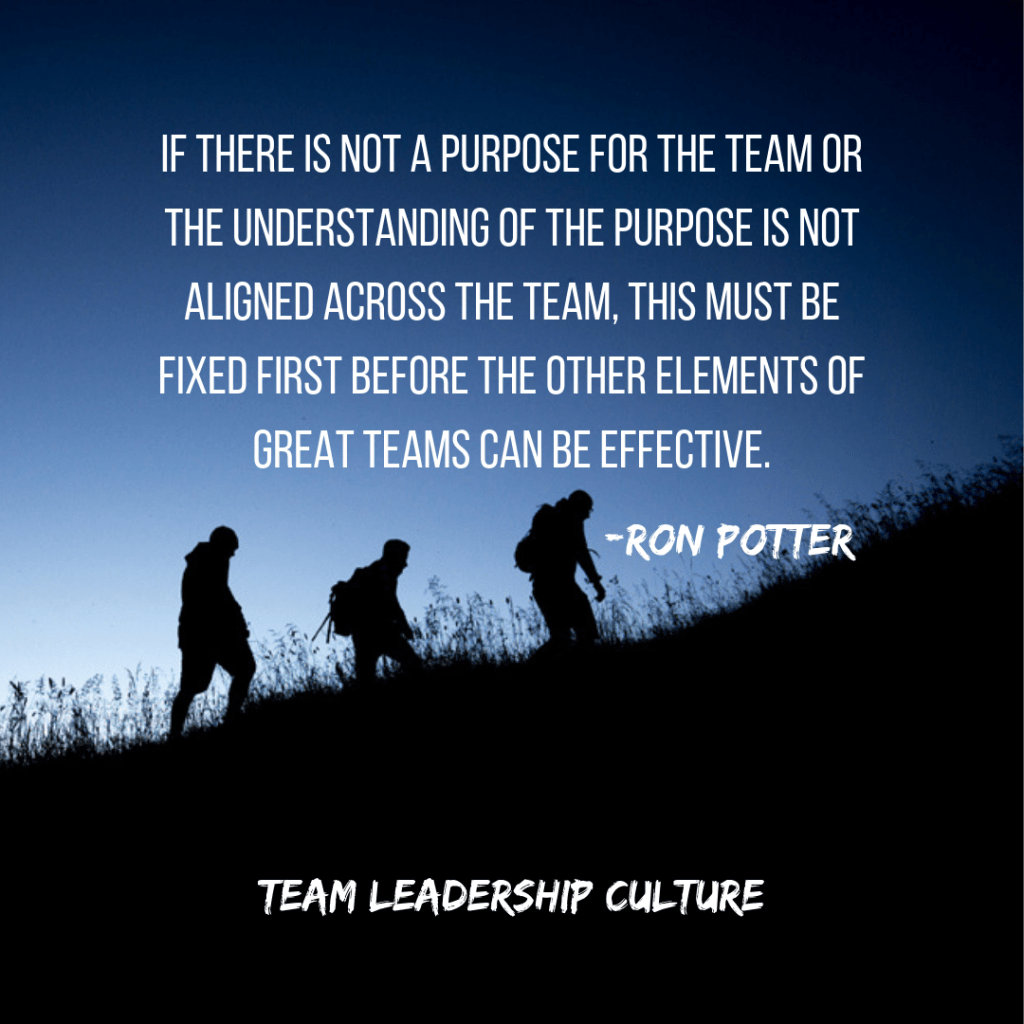As I continue the review of some of the books I’ve read through the years, The Five Dysfunctions of a Team by Patrick Lencioni seemed like a natural fit after looking at Peter Senge’s The Fifth Discipline.
Lencioni pictures a nice pyramid with the following elements:
- Absence of Trust (as the base)
- Fear of Conflict
- Lack of Commitment
- Avoidance of Accountability
- Division of Company Results
Absence of Trust
This comes from the unwillingness to be vulnerable and not genuinely open within the team. This makes it impossible to build the foundation of trust.
The absence of trust comes from several issues but I believe the main one is a lack of being open about our belief system. It’s good to hold strong belief systems. But it’s important to remember that each of us is unique based on history and experiences. While holding too strong beliefs, it’s also important that we be open to exposing our ideas and beliefs to others on the team for scrutiny and building a shared belief system.
I have three siblings. We grew up in the same household with the same parents. However, speaking to each other as adults it became clear that we each have very different memories and belief systems. Think about that for a minute. Today’s society assumes that if we’re in a particular category then we all must think alike and have the same belief systems.
Oh, you’re a white person who grew up in rural America, therefore you must have these belief systems! Not true! Yes, I am white and, yes, I did grow up in rural America, but as I just explained that even with those similarities I don’t have the same belief system as my siblings who grew up in the same household with the same parents. Don’t let people (or for that matter yourself) be put into a category just because we have some broad-based backgrounds.
Fear of Conflict
The failure of building trust in a team can be damaging because it sets the tone for fear of conflict.
Teams that lack trust are incapable of engaging in an unfiltered and passionate debate of ideas. Instead, they resort to veiled discussions and guarded comments about people, never allowing their own belief systems to be questioned.
Lack of Commitment
Without healthy conflict, it’s impossible to reach team commitment. If we lack trust because of fear of conflict, it’s impossible to expose our ideas and beliefs to passionate and open debate. Team members may sign-up as being committed to an idea or position during the meeting but as soon as they walk out of the room and are questioned by someone who knew they believed something else going into the meeting they may say something like “I don’t necessarily agree with the team goal but I’ll support it until a conflict arises between the team goal and my true beliefs.” This is not commitment, it’s compliance. True commitment must be in place for a team to move forward together.
Avoidance of Accountability
This most often happens when team members are fearful to call out other members whose actions don’t align with their supposed commitment. Not holding each other accountable to the team commitment will quickly break down the trust and commitment of the team. Being a leadership team means you’ll need to make difficult decisions. Without the accountability to the difficult decision, you’re not really a team, just a group of people trying to lead on your own belief system without the commitment of a team with you.
Cohesive Teams
Cohesive teams:
- Trust one another
- Engage in unfiltered conflict about ideas (not people)
- Commit to decisions and plans of action
- Hold each other accountable for the commitment
- Focus on the achievement of team results




















